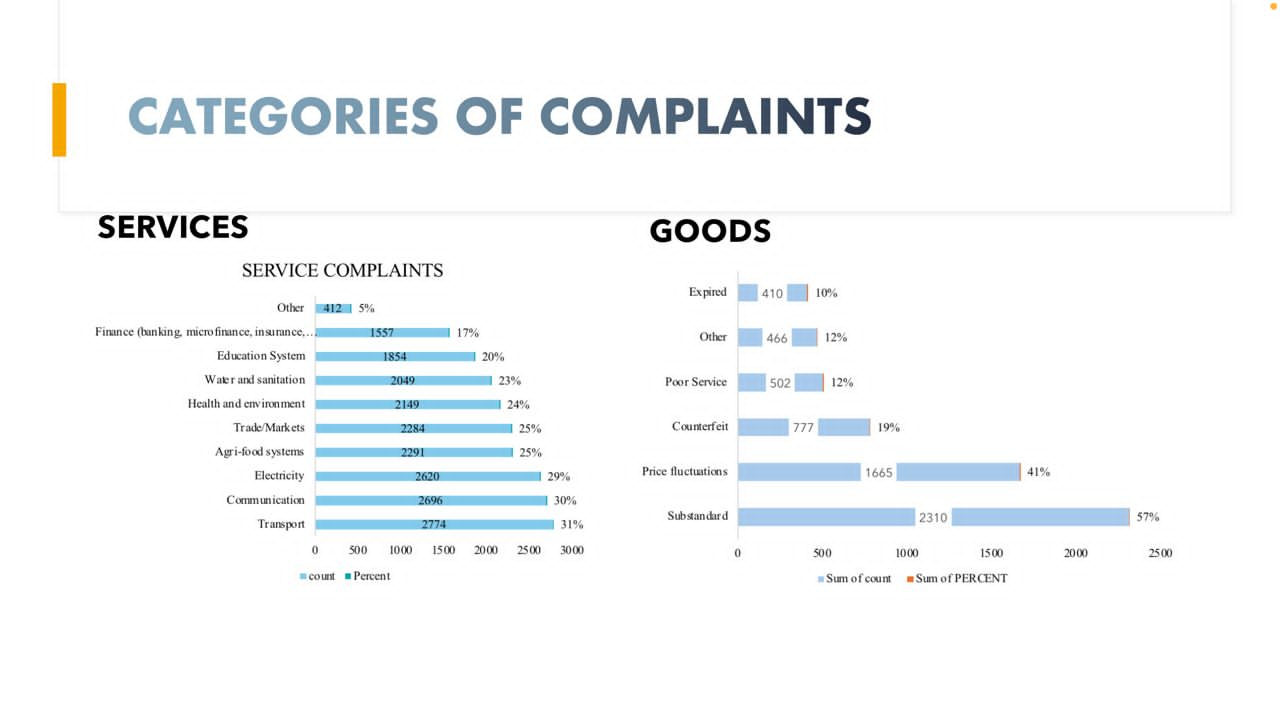Are you tired of being stuck at the taxi/bus terminal waiting for buses or taxis that seem to take forever, or struggling to find a convenient route to your destination? You are not alone! Poor public transport is a daily frustration for many consumers in Uganda, a seeming waste of their quality time, money and a real test of patience.
Reliable public transport is essential for easy access to workplaces, homes and other destinations. However, many cities and towns in Uganda fall short of decent, affordable, timely transport systems.
Over the past few months, the Global Consumer Centre (CONSENT) has been actively collecting consumer complaints from across the country. Since October 2023, CONSENT has recorded a total of 11,154 complaints, with 2,774 (31%) specifically related to public transport. The 1st Annual Consumer Voices on Goods and Services in Uganda Report 2024 highlights recurring issues in public transport, reflecting the concerns raised by consumers. Consumer sensitive means of public transport thus leaving consumers to bear the consequences as highlighted below.
• Unreliable buses and taxis which consequently lead to frequent delays especially during morning and evening hours when consumers are going to or from work. This is because buses and taxi owners or drivers do not meet the traffic and road safety requirements - some do not have up-to-date driving licenses, vehicles are in poor mechanical condition, and some seem unable to resist overloading of passengers. This exposes drivers to a potential risk of being arrested or having the vehicles impounded by traffic police that is very active during the rush hours of the day. In situations when traffic police arrest or impounds such uncompliant drivers or vehicles, the passengers are further delayed until the release of the errant driver, or when they start looking for alternative transportation when vehicles are impounded.
• Limited routes and infrequent services Consumers have expressed concern that some buses and taxis operate at longer intervals or only a few times per day. This translates into longer and frustrating waiting times for passengers going their ways and traders transporting goods.
• Overcrowding/overloading and discomfort. Consumers of public transportation decry overloading of vehicles. This breach on maximum numbers of passengers' permissible exposes consumers to discomfort from the crowding and public health risks associated with congestion. Unfortunately, consumers have little or no say and are taken for granted by the taxi and bus operators for they are seen to have no options.
• High fares and limited payment options: public transportation consumers feel that some buses and taxis charge exorbitant fares in relation to distance travelled. Other consumers reported how bus operators charge different fares for the same route and destination. Irrespective of all the above, consumers still feel that public transport in Uganda seems stuck in a bygone age because alternative means of payment such as use of mobile money and other digital platforms have not been embraced by the sector hence limiting payment options for the service.
• Inadequate infrastructure and lack of maintenance: consumers of public transportation are unhappy about the poor road infrastructure and the lack of or insufficient maintenance of what is in place.
The issues outlined above have a far reaching impact on consumers’ productivity, work life balance, health and wellbeing, timely accessibility to essential services and opportunities among others.
It is time for policy makers, regulators and transport providers to listen to consumer concerns and take action. By investing in modern, efficient and affordable public transport systems, we can create more livable cities, reduce congestion and improve overall quality of life.
Consumers deserve better. Let’s demand a transportation system revolution that puts consumers at the forefront.

